Supplements for Senior Cats
Introduction:
As our beloved feline companions grow older, their nutritional needs evolve in ways many pet owners overlook. Aging brings with it a host of health changes, from joint stiffness and reduced mobility to weakened immune function and cognitive decline. That’s where the right supplements for senior cats can make a significant difference. These specially formulated additions to your cat’s diet help support everything from bone strength and digestion to brain function and coat health.
Unlike younger cats, seniors often need targeted nutritional support to maintain their quality of life. While a balanced diet is crucial, it’s rarely enough on its own to address the complex changes that come with age. That’s why veterinarians frequently recommend high-quality supplements for senior cats to help bridge the nutritional gap and support long-term wellness.
Whether your senior cat is slowing down, showing signs of arthritis, or simply aging gracefully, choosing the right supplements can improve energy levels, comfort, and even mood. From omega-3 fatty acids and joint protectants to probiotics and antioxidants, these small additions can have a big impact.
In this article, we’ll walk you through the best vet-recommended options, what to look for in a good supplement, and how to introduce them safely into your cat’s daily routine. Our goal is to help you make informed decisions that keep your furry friend active, happy, and healthy well into their golden years. If you’ve ever wondered whether supplements for senior cats are worth it, read on, you might be surprised just how big a difference they can make.
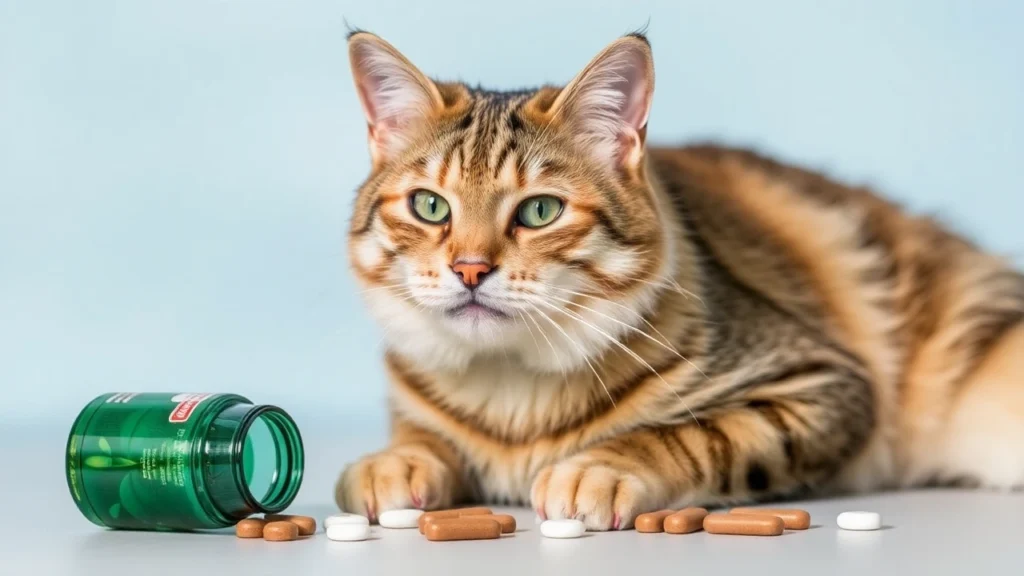
Why Senior Cats Need Supplements
As cats age, their bodies undergo subtle but impactful changes that may not be immediately visible to the naked eye. While some cats appear agile and healthy on the outside, the internal effects of aging can start as early as 7 years old. That’s why integrating supplements for senior cats into their daily routine is more than just a trend, it’s a health necessity.
One of the first systems to decline in older felines is the digestive system. Their bodies may become less efficient at absorbing key nutrients like vitamins A, E, and B-complex, which are vital for maintaining energy and immune function. To compensate for these losses, many veterinarians suggest nutritional boosts through targeted senior cat supplements that provide concentrated doses of these essentials.
Another major concern is cat joint health. As cartilage wears down over time, senior cats may show signs of stiffness, reluctance to jump, or reduced mobility. Glucosamine, chondroitin, and MSM are commonly recommended to support joint function and reduce inflammation. When included as part of a supplement routine, these ingredients can help aging cats regain their agility and prevent further joint deterioration.
Additionally, aging affects the brain. Cognitive dysfunction syndrome (similar to dementia in humans) can lead to confusion, anxiety, and behavioral changes. Supplements rich in antioxidants, omega-3 fatty acids (especially DHA), and B vitamins help support feline aging by promoting brain health and slowing cognitive decline.
Even a senior cat’s coat and skin can benefit from nutritional support. Omega oils and zinc can improve skin hydration and restore luster to a dull coat.
In summary, supplements for senior cats aren’t just helpful, they’re often essential. They help close the nutritional gaps created by aging and give your cat the best chance at a long, comfortable, and healthy life.
Top Vet-Recommended Supplements for Aging Cats
Glucosamine and Chondroitin for Joint Health
As cats grow older, joint wear and tear can lead to discomfort and limited mobility. Supplements for senior cats that include glucosamine and chondroitin are often recommended by vets to support cartilage repair and maintain joint flexibility. These ingredients work synergistically to reduce inflammation and improve your cat’s ability to move freely and without pain.
Omega-3 Fatty Acids for Brain and Heart Function
Fatty acids like DHA and EPA, typically found in fish oil, are vital for aging cats. They not only support cardiovascular health but also enhance brain function. Omega-3s are especially helpful for combating cognitive decline, a common issue in senior felines. Look for supplements for senior cats that contain purified fish oil or krill oil for maximum benefit.
Probiotics for Digestive and Immune Support
Aging can slow digestion and increase sensitivity to certain foods. Probiotic supplements help balance gut bacteria, leading to better nutrient absorption, improved digestion, and enhanced immune response. Vets often recommend daily probiotics to maintain overall feline health and minimize issues like constipation or diarrhea.
Multivitamins for Comprehensive Support
Multivitamin blends designed specifically for seniors can fill in nutritional gaps. These formulas usually include taurine for heart health, antioxidants for cell protection, and B-complex vitamins to maintain energy. When choosing supplements for senior cats, ensure they’re formulated by trusted pet brands and approved by veterinarians.
Incorporating these vet-approved supplements into your senior cat’s care routine can lead to a noticeable improvement in energy, comfort, and overall quality of life.
How to Safely Introduce Supplements to Your Senior Cat
Start Low and Slow
When adding supplements for senior cats to your feline’s routine, it’s crucial to start with small doses. Introducing even the most beneficial nutrients too quickly can cause discomfort. Begin with half the recommended dose for the first few days and gradually increase based on your vet’s advice. This method allows your cat’s digestive system to adapt gradually without being overwhelmed.
Mix with Food for Easy Acceptance
Many cats are notoriously picky eaters, and a sudden change in flavor or texture can cause them to reject meals. To ensure smooth integration, mix the supplement into a small portion of their favorite wet food or treat. Liquid and powder supplements for senior cats often blend seamlessly into food and are easier to disguise than tablets or capsules.
Maintain a Consistent Routine
Cats thrive on routine. Administering supplements at the same time each day—ideally during a regular feeding will make it easier for both you and your cat to stick with the plan. Consistency not only helps with compliance but also ensures the supplement’s benefits build steadily over time.
Monitor for Side Effects
Keep an eye out for shifts in behavior, eating patterns, or litter box use after starting new supplements. While most supplements for senior cats are well tolerated, some may cause mild digestive upset or allergic reactions. Discontinue use and contact your veterinarian if you observe anything out of the ordinary.
Adding supplements should always complement, not replace, a high-quality senior cat diet. When introduced carefully and consistently, these additions can enhance your cat’s golden years with improved vitality, comfort, and wellness.

Common Mistakes to Avoid When Using Cat Supplements
Skipping Veterinary Guidance
One of the biggest mistakes pet owners make is giving supplements for senior cats without consulting a veterinarian. Natural products can still cause adverse interactions with medications or health conditions. Always seek your vet’s input to ensure the supplement is appropriate and won’t cause harm.
Over-Supplementing or Misusing Products
More is not always better. Giving your cat multiple supplements without understanding how they interact can lead to nutrient imbalances or toxicity. An overdose of vitamin A, for instance, can result in issues with bones and joints. Stick to the recommended dosage, and avoid using multiple products that may contain the same ingredients.
Ignoring Product Quality and Ingredients
Not all supplements are created equal. Some may contain fillers, artificial ingredients, or low-quality sources of nutrients. Always choose supplements for senior cats from reputable brands that offer transparency about sourcing, formulation, and testing. Look for labels indicating third-party testing or veterinarian-formulated products.
Expecting Instant Results
Supplements are not miracle cures, they take time to show effects. Some benefits, like improved coat condition or mobility, may take several weeks to become noticeable. Be patient and consistent, and avoid switching products too soon just because results aren’t immediate.
Not Tailoring to Your Cat’s Specific Needs
All senior cats age differently. A solution for one might not be effective for someone else. For example, a cat with arthritis may need joint-support supplements, while another with cognitive decline may benefit from omega-3s. Customizing your supplement strategy ensures better outcomes.
Avoiding these mistakes will help you get the most out of supplements for senior cats and give your pet the healthiest possible aging journey.
Signs Your Senior Cat Might Need Supplements
Stiffness or Reduced Mobility
One of the first signs your aging cat might benefit from supplements for senior cats is a decline in mobility. If you notice your cat struggling to jump onto furniture, hesitating when climbing stairs, or limping after naps, it could point to joint discomfort. Joint-support supplements like glucosamine and MSM can ease stiffness and enhance flexibility.
Changes in Appetite or Weight
Aging cats commonly face changes in their appetite and metabolic rate. If your cat begins to eat less or starts losing weight without explanation, it might not be getting all the nutrients it needs from food alone. Nutrient-rich supplements for senior cats can help fill the gaps and support overall health.
Low Energy and Increased Sleep
While older cats do sleep more, excessive lethargy could indicate declining health. Supplements rich in B vitamins, taurine, and antioxidants may help restore vitality and enhance alertness in older cats. A vet can help you determine which formulas suit your pet’s needs.
Dull Coat or Excessive Shedding
A dry or lackluster coat often points to nutrient deficiencies, especially in essential fatty acids. Omega-3-based supplements for senior cats can restore skin hydration, reduce shedding, and bring back that glossy, soft fur your cat once had.
Disorientation or Behavior Changes
Is your cat suddenly meowing more at night, forgetting litter box habits, or hiding more often? These could be signs of cognitive decline. Supplements rich in DHA, vitamin E, and antioxidants support brain health and may slow cognitive aging.
If you recognize any of these signs, it might be time to explore the right supplements for senior cats to improve your feline friend’s comfort and longevity.
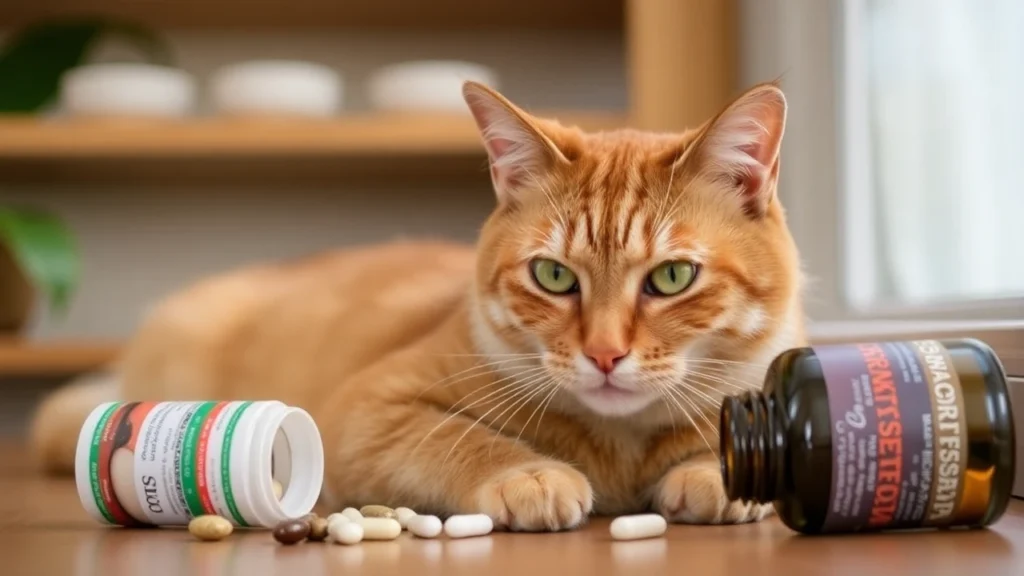
Conclusion
Looking after an older cat involves closely monitoring subtle shifts in their health and behavior. As they age, their nutritional needs evolve, and a regular diet may not fully support their well-being. This is where senior cat supplements can make a meaningful difference. Whether it’s joint issues, cognitive decline, dull coats, or decreased energy, the right supplements can provide targeted relief and enhance their quality of life.
The key is choosing supplements that are specifically formulated for senior cats and backed by veterinary research. Products containing glucosamine, chondroitin, omega-3 fatty acids, taurine, and essential vitamins can support aging joints, boost brain function, and improve coat health. To keep your cat safe, speak with your vet before adding any supplements to their routine, especially to ensure they don’t conflict with existing conditions.
When introduced thoughtfully and used consistently, supplements for senior cats can help prolong vitality and comfort. Combine this with proper nutrition, routine vet visits, and lots of affection, and you’ll provide your aging feline with the happiest, healthiest life possible.
FAQs
1. What do supplements for senior cats actually do?
They address age-related issues such as joint stiffness, inflammation, cognitive decline, and nutrient deficiencies. Quality supplements support better mobility, mental clarity, immune strength, and overall wellness.
2. At what age should I begin giving my senior cat supplements?
Generally, around age 7–10, depending on breed and health. Early support can delay or minimize common senior issues. Always get a vet’s recommendation.
3. Are there any potential side effects associated with supplements for older cats?
Side effects are rare when used properly, but over-supplementation or the wrong combination can cause digestive upset or interactions with medications. Start slow and monitor your cat’s response.
4. Can I mix supplements with my cat’s regular food?
Yes, most are designed to be added to meals. Soft chews, liquids, or powders can be mixed in easily, making daily use convenient.
5. Do all senior cats need supplements?
Not necessarily. Some thrive on a complete diet alone, but many benefit from added support. A vet can help assess if your cat would benefit from supplements for senior cats based on symptoms, lifestyle, and lab results.

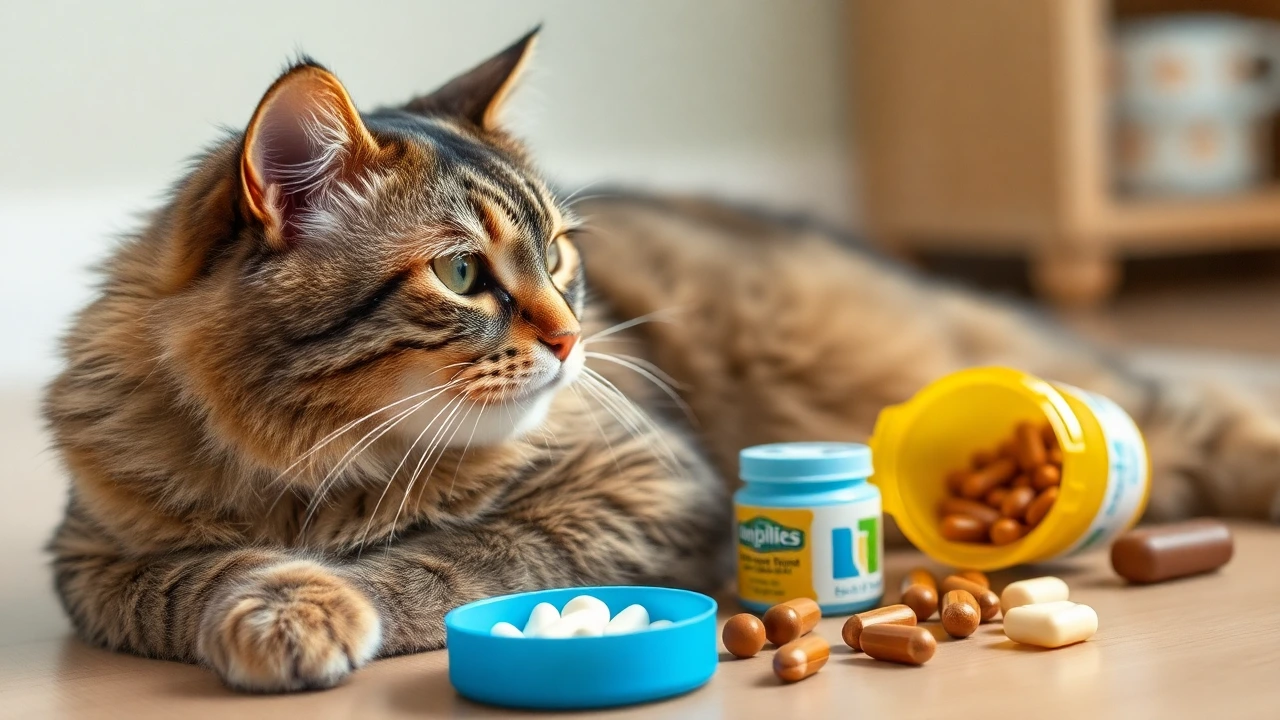
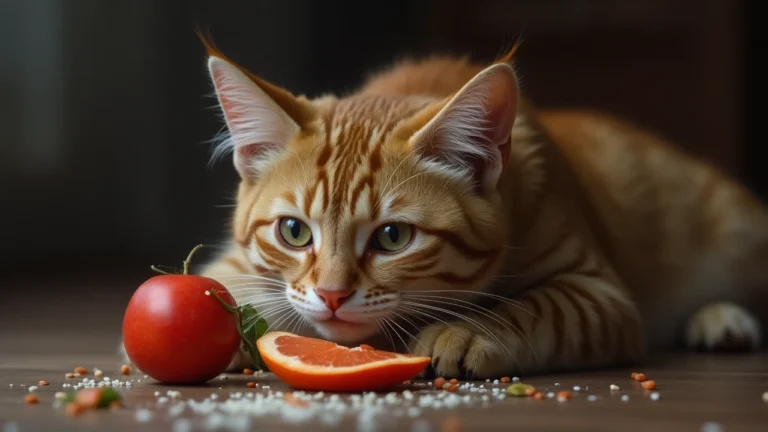
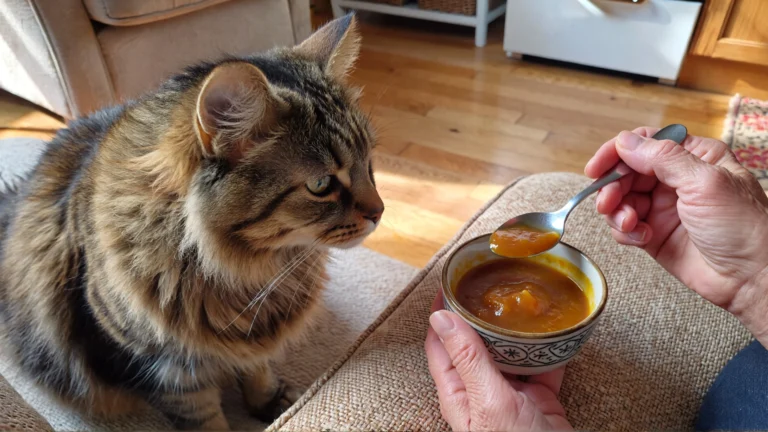
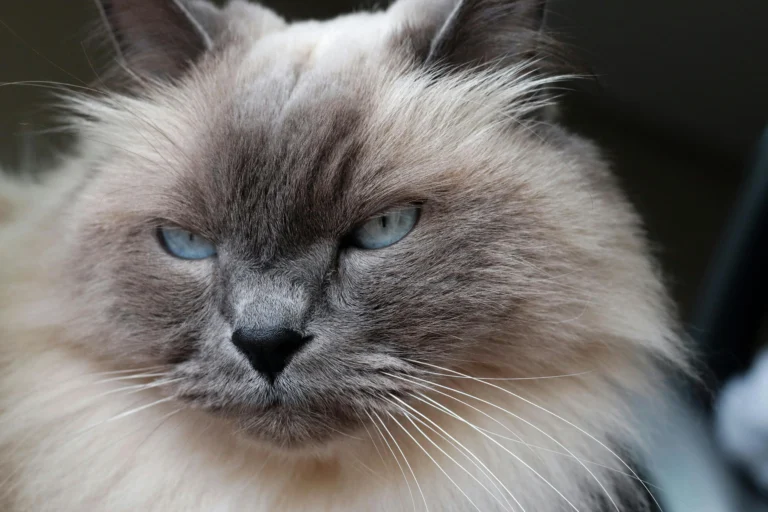

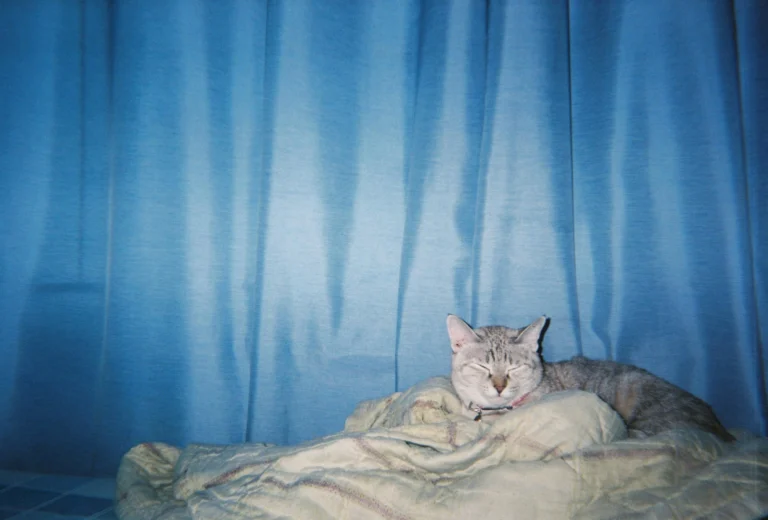

I am thankful that I discovered this web site, precisely the right info that I was searching for! .
Wonderful site. Plenty of helpful information here. I¦m sending it to some pals ans additionally sharing in delicious. And certainly, thank you in your sweat!
Would you be fascinated about exchanging links?
Great post. I was checking constantly this blog and I am impressed! Extremely helpful information particularly the last part 🙂 I care for such info much. I was looking for this particular information for a very long time. Thank you and best of luck.
After study a few of the blog posts on your website now, and I truly like your way of blogging. I bookmarked it to my bookmark website list and will be checking back soon. Pls check out my web site as well and let me know what you think.